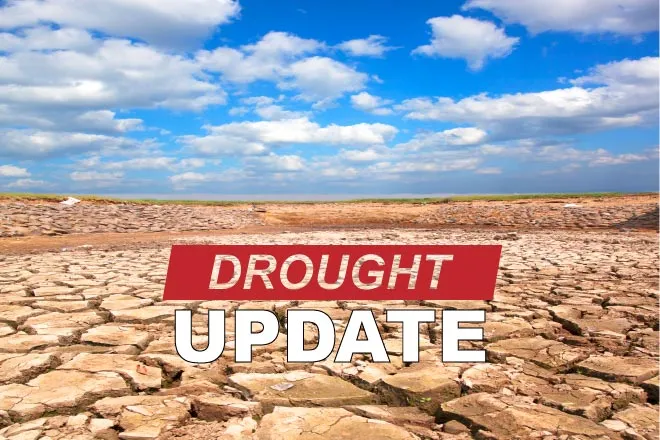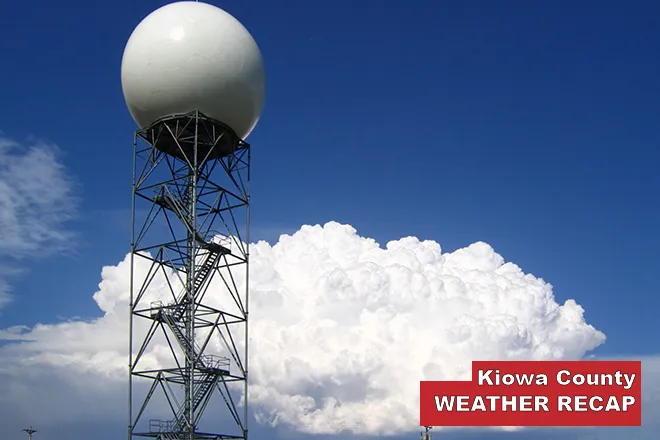
Nevada reactions to FEMA guidance on extreme heat
(Nevada News Service) The Federal Emergency Management Agency has released new guidance to increase community resilience against extreme temperatures and weather.
Nevada leaders say climate change is already affecting all aspects of life in the Silver State. A recent Climate Central study named Reno as the fastest-warming city in the country, with Las Vegas coming in a close second.
Sen. Edgar Flores, D-Las Vegas, thinks it is great to see federal efforts implemented. He noted some achieve similar aims as in Senate Bill 427, which did not make it through the last legislative session. The bill would have protected workers by requiring employers to create heat mitigation programs.
"We realize that not every industry can have the same exact type of plan," Flores acknowledged. "The idea is that we just mandate that there is a plan, and that the plan can be adjusted by industry."
Flores pointed out extreme heat cannot only be detrimental to humans, but can also strain infrastructure from plumbing to home appliances. Senate Bill 169 would have required Clark and Washoe counties to make heat mitigation part of their master development plans, but it was vetoed by Governor Joe Lombardo.
FEMA's four-point guide lays out mitigation and preparation efforts for state, local, tribal and territorial leaders to follow.
Lisa Ortega, director of the nonprofit Nevada Plants, which advocates for tree planting, noted the governor did sign Assembly Bill 131 to minimize urban "heat islands" by recognizing the need for more tree canopies.
Ortega said planting trees means more shade, but also improved stormwater management and better air quality, adding the Division of Forestry was "receptive," and claims they are performing at a level they likely have not before.
"Because there is so much pressure right now, so much awareness of urban heat island and these kind of issues that, 10 years ago, nobody was talking about," Ortega stressed. "We didn't even know."
She added building up tree canopies is also about equity, as many communities of color across Nevada are disproportionately affected by extreme heat and its secondary effects.
















